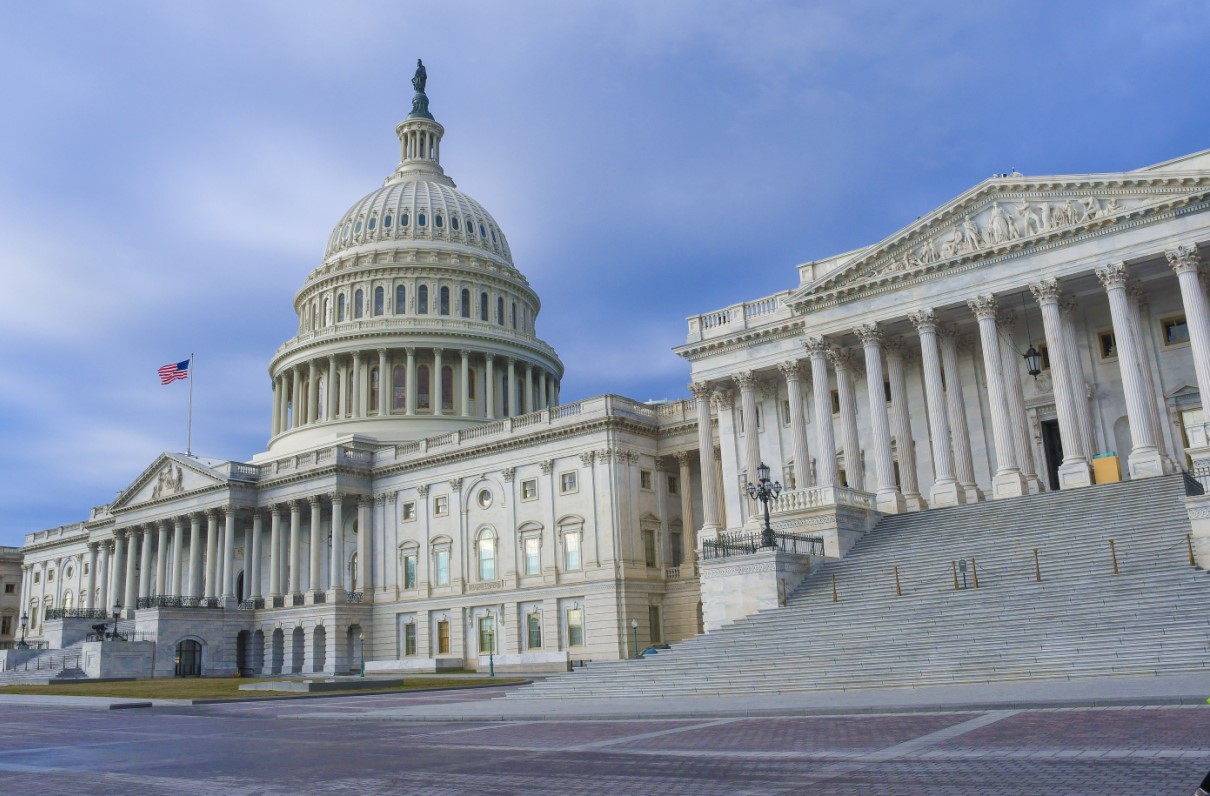Congress has an enduring history of tapping into COLA at the expense of your retired pay, and it could very well happen again.
As we inch toward what could be the largest growth in COLA since 1982, when it came in at 8.7%, we remain guarded as to any current attempts by Congress to reduce, in any fashion, the legislated protections of the purchasing power of retired pay, survivor and veteran benefits, and Social Security. We have many reasons to be wary of such covert efforts. As we shared late last year, the history of COLA attacks is well documented.
With projected CPI increases leading to a COLA that might top 6%, the significance of this annual adjustment warrants a close look on two fronts:
- As noted above, Congress could channel some of the increase into their efforts to control outlays in response to the growing national debt.
- The high COLA holds broad personal implications -- after all, the increase is tied directly to inflation, which results in higher costs across the board, including your TRICARE benefits.
[RELATED: MOAA's COLA Watch (Updated Monthly)]
Thankfully, MOAA and The Military Coalition (TMC) have a long history of watching out for our servicemembers, their families, and survivors especially when it comes to ensuring protection from inflation. In fact, landmark legislation in 1985 served as the impetus to create TMC and established a blueprint of how leadership and followership can be leveraged to change a law before it has a chance to degrade or eliminate or reduce a service-earned entitlement.
Joining Together
This particular assault on COLA started with the passing of the Gramm-Rudman-Hollings Act, otherwise known as 1985 Balanced Budget and Emergency Deficit Control Act. At the heart of this legislation was the suspension of automatic, indexed increases such as those tied to the Consumer Price Index (CPI). Congress enacted a five-year halt to COLA increases in federal outlays with exceptions for Social Security, veterans’ benefits, and some other programs – but not for military retiree pay. President Ronald Reagan signed this legislation Dec. 12, 1985.
Treating retirees as non-veterans was unacceptable to two particular leaders who organized other like-minded advocates to overturn this legislation. Thus became TMC, founded by Col. George F. Hennrikus, Jr., USAF (Ret), from The Retired Officers Association (now the Military Officers Association of America) and Sgt. Maj. C.A. “Mack” McKinney, USMC (Ret), from the Non Commissioned Officers Association. TROA and NCOA joined 14 others to form The Military Coalition and fight to reverse the legislation omitting military retirees from the exemptions protecting COLA:
- Air Force Sergeants Association (AFSA)
- Association of Military Surgeons of the United States (AMSUS)
- Commissioned Officers Association of the U.S. Public Health Service (COA)
- Fleet Reserve Association (FRA)
- Marine Corps Reserve Officers Association (MCRA)
- National Association for Uniformed Services/Society of Military Widows (NAUS/SMW)
- National Military Family Association (NMFA)
- Naval Enlisted Reserve Association (NERA)
- Naval Reserve Association (NRA)
- Reserve Officers Association of the United States (ROA)
- The Retired Enlisted Association (TREA)
- U.S. Army Warrant Officers Association (USAWOA)
- U.S. Coast Guard Chief Petty Officers Association (CPOA)
- U.S. Coast Guard Chief Warrant and Warrant Officers Association (CWOA)
Showing Strength
How did the coalition tackle this beast of a project, getting a brand-new law reversed? First, the people making up this new coalition came to the table with years and decades of experience. Of note, Robert W. Nolan, the senior registered lobbyist with the Fleet Reserve Association and a retired Navy chief petty officer, leveraged his 25 years’ experience on the Hill to guide and fuel the efforts. Paramount was the need to stay on message and rely on their strength of 1.3 million active, reserve, and retired members among those associations.
[RELATED: More Advocacy News From MOAA]
The coalition inundated Congress with 50,000 mailgrams highlighting the projected 22.5% lifetime loss in pay, and the overall inequity of treating retirees as though they were not veterans. The coalition went public at the National Press Club to gain wide awareness of the COLA disparities. Its members and staff visited over 60 Senators and other key leaders on the Hill – and even held a breakfast to honor the cosponsors and supporters. (MOAA – then TROA – kept its members up to date on these activities via The Retired Officer magazine; the information above came from an article in the September 1988 issue by the late Col. Paul Arcari, USAF (Ret), then-deputy director of Legislative Affairs.
The strength of the message, delivered by an organized body of experienced representatives from our uniformed services communities representing over a million constituents, carried the day; President Reagan signed legislation Oct. 21, 1986, exempting all federal government civilians and military retirees from cuts to their COLA increases.
Today, the coalition has 35 associations, representing nearly 5.5 million members, families, and survivors.
Today’s COLA Fight
The 1985-86 legislative cycle was far from the last time elected officials have looked to decrease your earned COLA to cover other budget gaps. Look for more details on what those plans would’ve meant to your benefits in the coming weeks as MOAA continues its work to defend the buying power of your benefits.
Stay tuned for updates and potential calls to action. MOAA will continue to work with TMC to ensure all of our eight uniformed services continue to receive COLA increases per current legislation.

